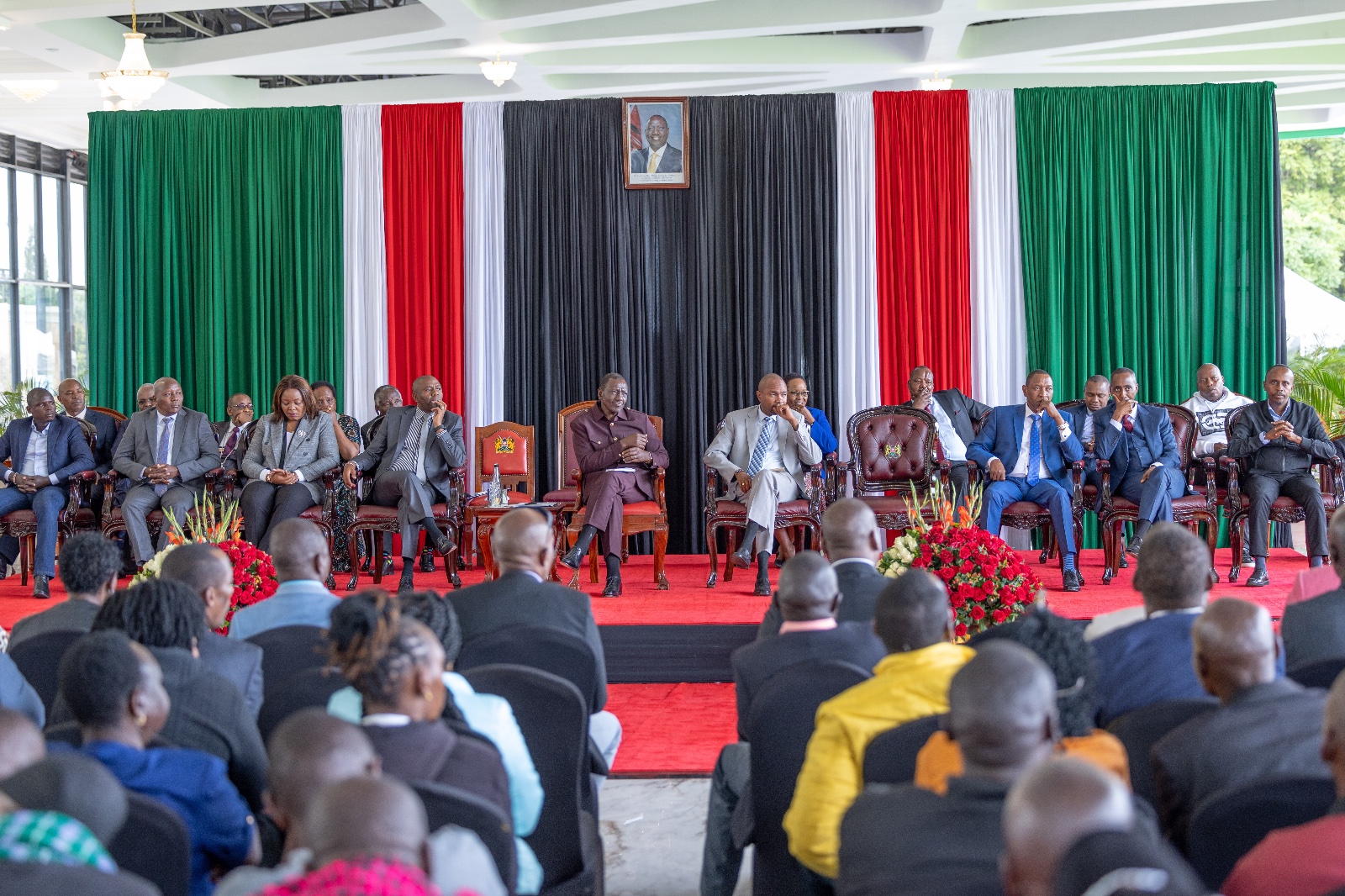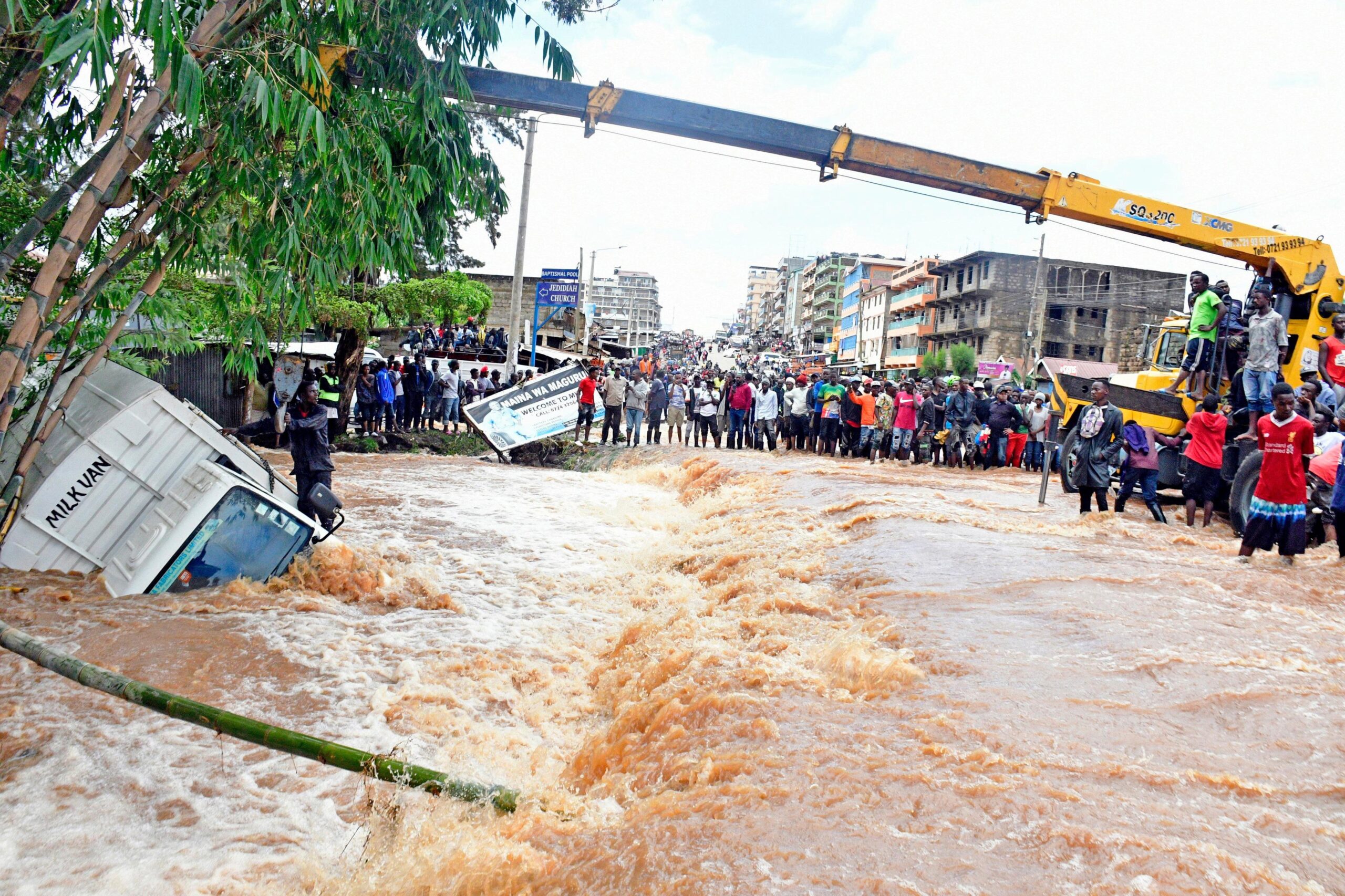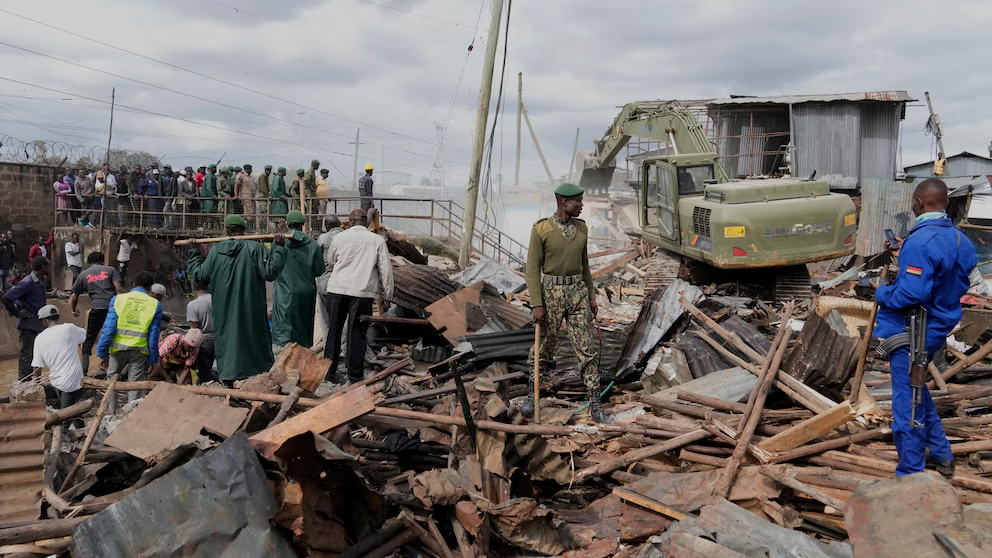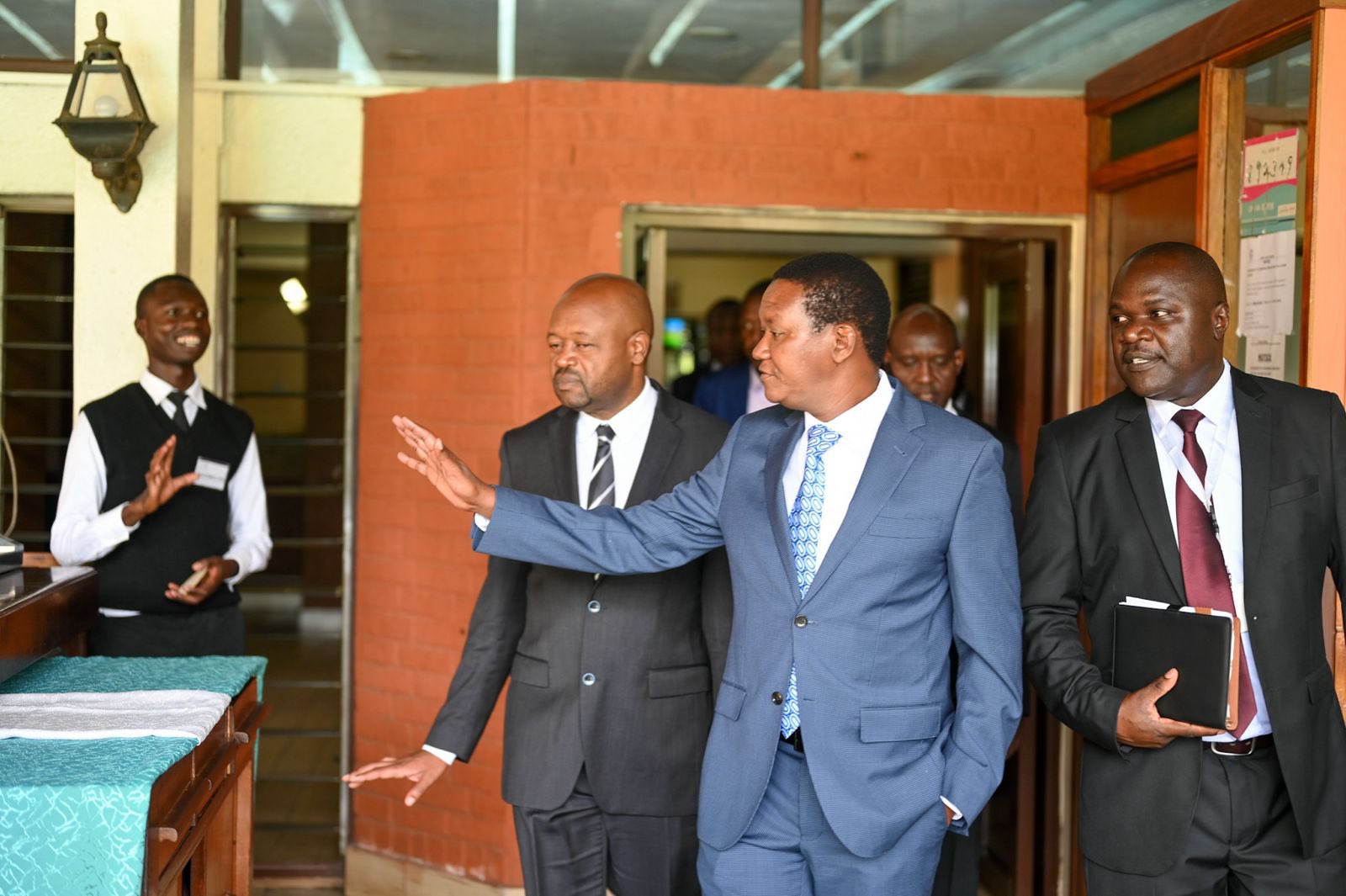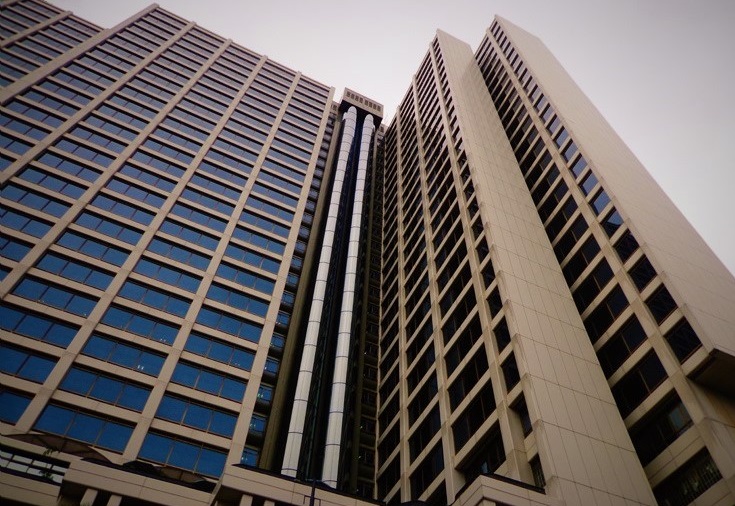In a significant move towards global climate action, Kenya is gearing up to host the inaugural Africa Climate Summit (ACS) 2023 from September 4th to 6th at the Kenyatta International Convention Centre (KICC). With a focus on “Driving Green Growth and Climate Finance Solutions for Africa and the World,” the event has garnered widespread attention as leaders, ministers, and dignitaries from around the globe prepare to convene.
However, what might catch the eye of those planning to attend or access the venue between September 4th and 8th is a new security measure that requires individuals to acquire accreditation prior to entry. The decision has raised curiosity and questions among attendees and the public alike. Why is accreditation now a requirement to access the KICC during this period?
The answer is found in the Ministry of Interior and National Administration’s commitment to ensuring the safety, security, and seamless execution of the Africa Climate Summit. Hosting an event of this magnitude brings with it a series of responsibilities that extend beyond the discussions taking place within the KICC’s walls.
With an expected gathering of around 14,000 delegates, including prominent Heads of State and Ministers from various corners of the world, the Ministry of Interior is taking proactive steps to ensure that every individual attending or accessing the venue is properly vetted and authorized. The rigorous security protocol aims to create a secure environment that fosters meaningful global discussions, while also minimizing the potential for disruptions or unexpected incidents.
The Ministry’s approach involves the deployment of a dedicated multi-agency team of 4,000 highly trained security officers. Their collective objective is clear: to ensure the safety of all participants, dignitaries, and attendees, making certain that the Africa Climate Summit remains a secure and productive platform.
The accreditation process itself is straightforward yet effective. Anyone intending to access the KICC premises between September 4th and 8th, whether as a participant or tenant, is required to register and receive official accreditation for the Africa Climate Summit. This measure functions as a security filter, enabling only authorized individuals to enter the venue. By enforcing accreditation, the Ministry is working to strike a balance between inclusivity and security.
The decision to require accreditation holds broader implications beyond the immediate event. Kenya’s meticulous security arrangements underscore its dedication to ensuring a safe and conducive environment. This commitment contributes to enhancing Kenya’s global reputation as a responsible and capable host, positioning the country favorably for hosting future international summits.
In a world where heightened security concerns are paramount, the Ministry of Interior and National Administration’s decision to enforce accreditation serves as a testament to Kenya’s dedication to both the safety of its visitors and the success of the Africa Climate Summit. By adopting stringent security measures, Kenya is not only safeguarding an event but also demonstrating its capacity to lead and host impactful gatherings that shape global discourse on critical issues.

